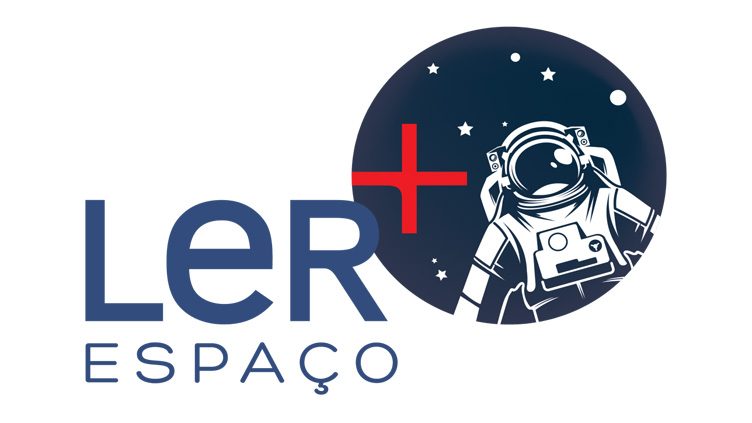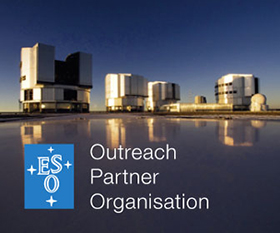Objectives
With the Universe as a theme, project Ler+ Espaço challenges schools to develop strategies to promote scientific and literary reading.
Consisting on book-based research and its transposition to other formats, the project intends to:
- Stimulate scientific curiosity, critical thinking, and a taste for learning and discovering;
- Promote reading and writing;
- Favour collaboration and interdisciplinarity;
- Develop skills on scientific and technological literacy in the fields of Astrophysics and Space Sciences;
- Develop communication skills.
Reach
Project open to the entire national public school network from elementary to secondary education.
Project Ler+ Espaço (Read+ Space) challenges elementary and secondary school students to read and think colectively about Space and the Universe. This initiative is open to the national public school network and results from a partnership between Instituto de Astrofísica e Ciências do Espaço (IA), the Portuguese National Reading Plan 2017-2027 (PNL2027, in Portuguese), and the Science Faculty of the University of Lisbon (FCUL).
The groups of students joining project Ler+ Espaço will be invited to choose a book from a list of recommended reads, prepared by the IA and the PNL2027.
These recommended reads include both fiction and non-fiction works, all linked to Space and Universe subjects. Throughout the school year, the students should work in teams and transpose what they have learned into other formats, such as a tridimensional model of a planet or a fiction text.
The IA provides scientific support to the development of projects and makes available online a list of suggestions (in Portuguese) of periodical publications, movies, websites, etc, as complementary resources for students.
Share
Scope:
National
Coordination:
Instituto de Astrofísica e Ciências do Espaço (IA)
Plano Nacional de Leitura 2027 (PNL2027)
Faculdade de Ciências da Universidade de Lisboa (FCUL)


